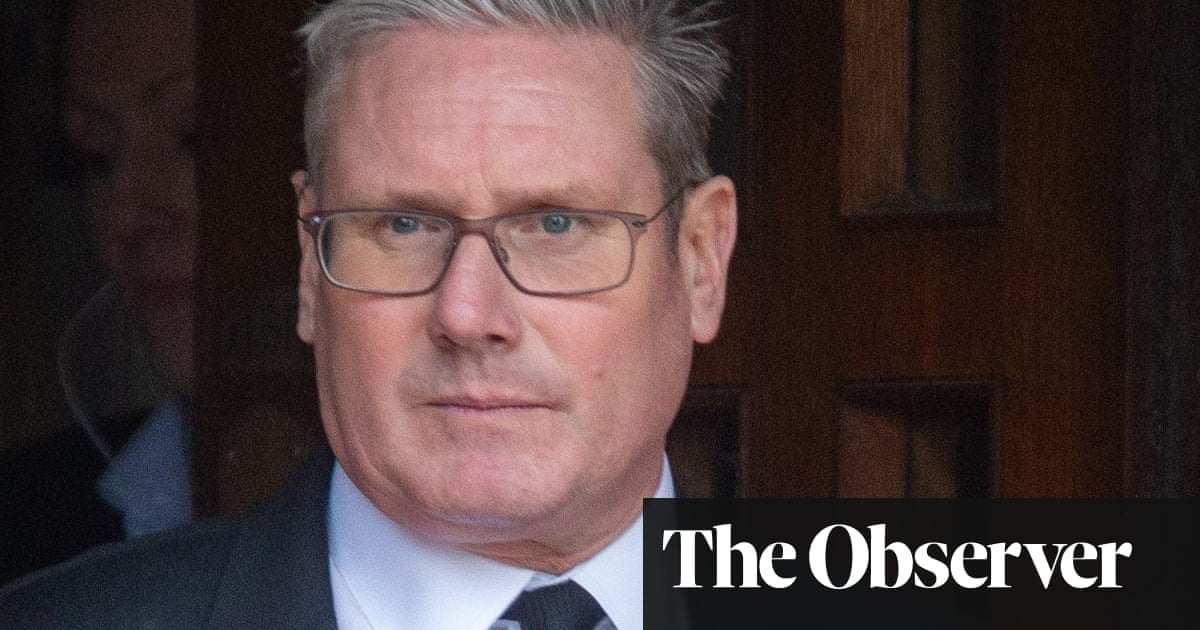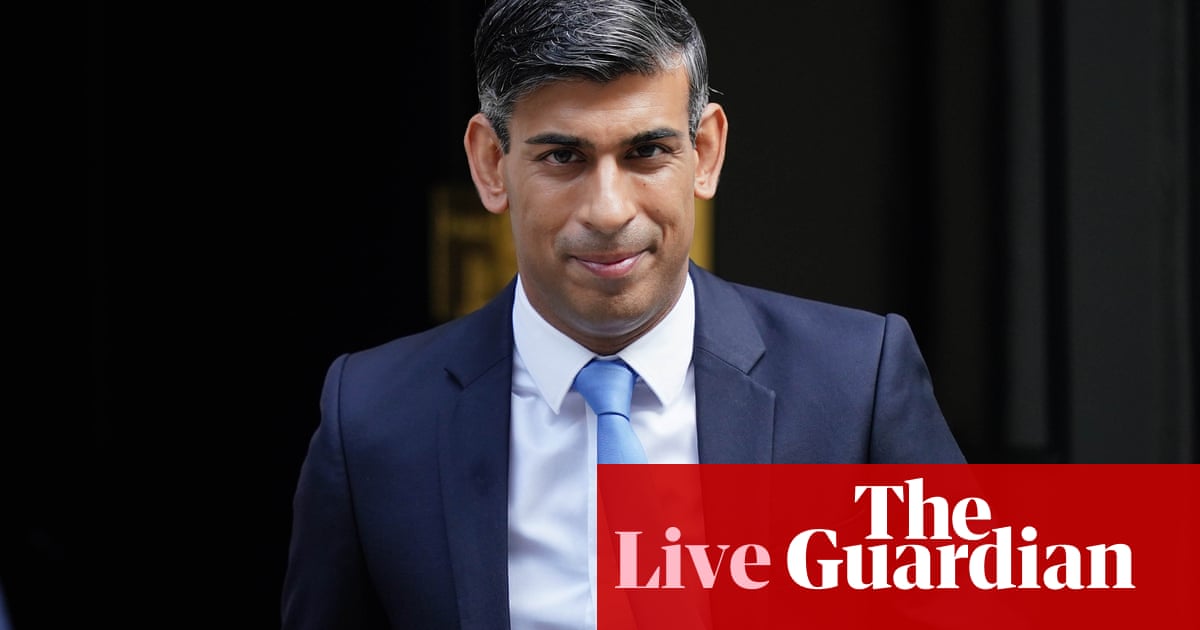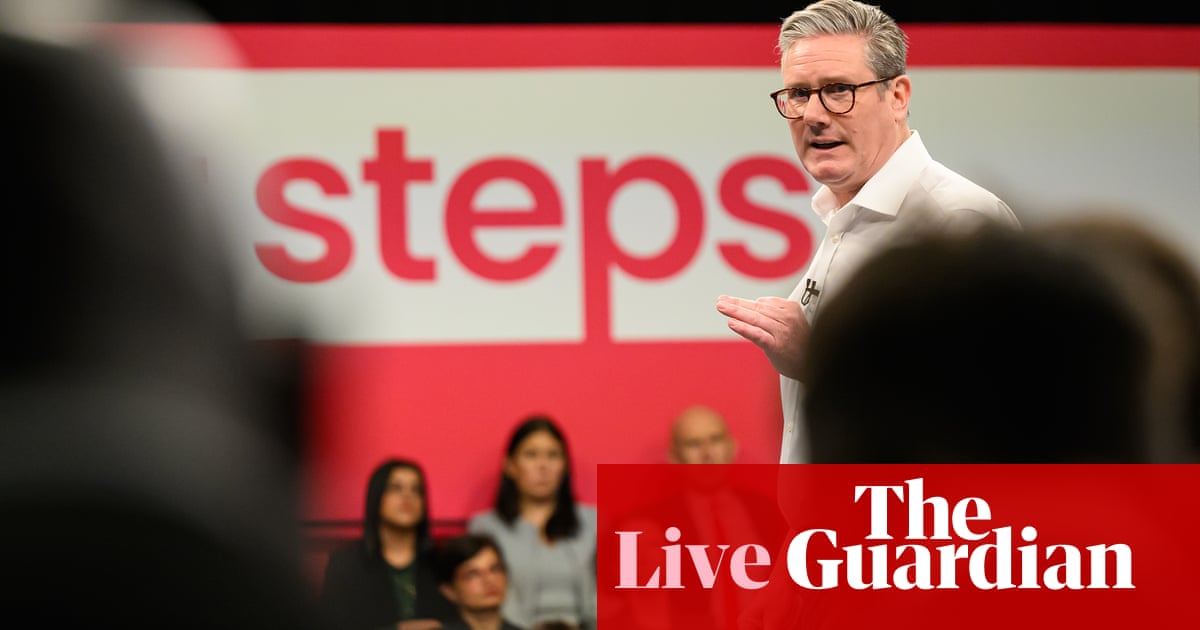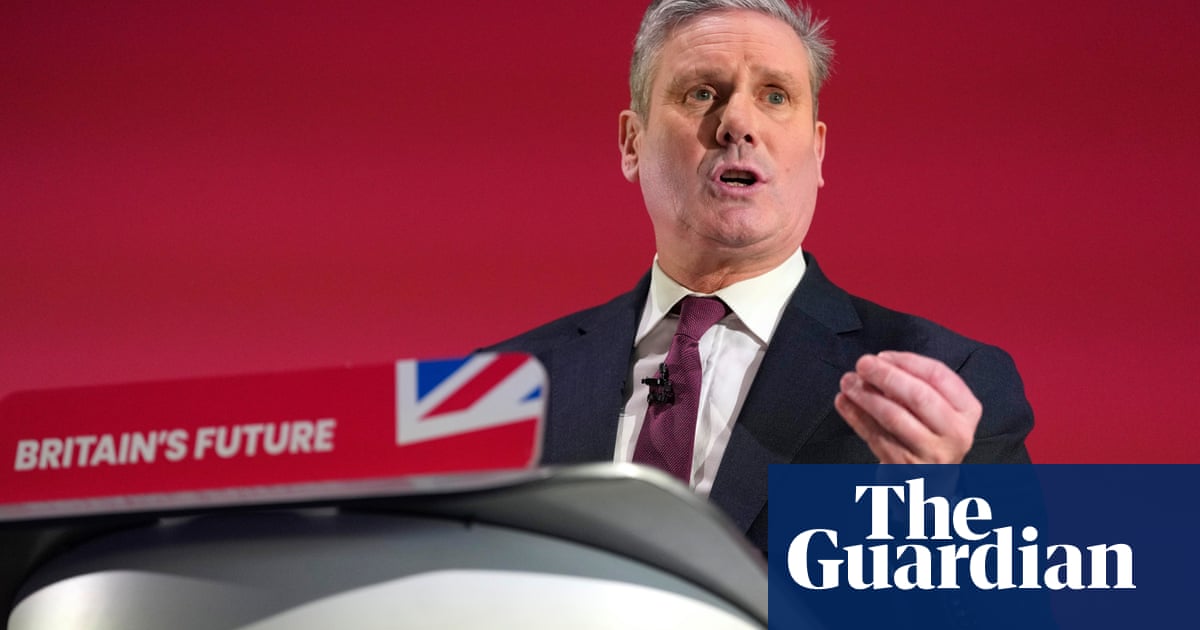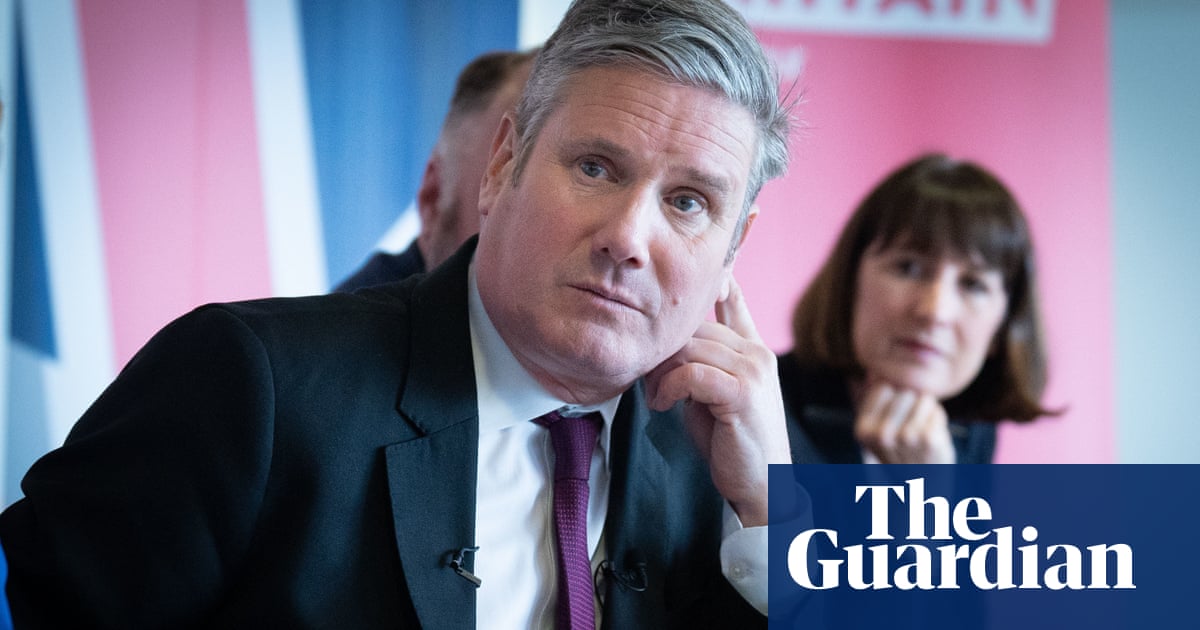
Labour has put “stable public finances and prudent spending” at the heart of its offer for the 2024 manifesto, pledging iron discipline on how new policies are funded.
The party’s new national policy forum document suggests there may be no additional money for sweeping childcare reforms and that there could be a delay to returning to the 0.7% aid target.
Its major areas of spending appear to be £28bn a year for the green economy by the second half of the parliament, as well as more police officers, NHS workers and teachers.
There will be £365m of new free breakfast clubs for schoolchildren, which was originally to be funded from reinstating the 45p rate of tax – which Liz Truss has pledged to abolish before her U-turn on the idea. Instead, under plans from Keir Starmer and Rachel Reeves, it will be paid for as part of an estimated £3bn raised by ending the non-dom system that allows some wealthy people to avoid taxes in the UK.
The policy document promises other sweeping reforms to childcare to make it more flexible and available and to raise standards, but says this would be delivered by “drawing on best practice internationally and working with the additional expenditure for childcare to which the government has already committed”.
The programme for government, sent to senior party representatives on Friday, lists its other planned tax rises as stopping tax breaks for private schools, which could raise an estimated £1.5bn, and cutting loopholes used by private equity firms and oil and gas companies.
It would also “make sure that multinational tech companies pay their fair share of tax” as well as replacing business rates.
Reeves has ruled out a wealth tax, mansion tax, higher capital gains or raising income tax, as part of the party’s attempts to head off any Conservative attacks on Labour over taxation policy.
On energy, the party recommitted to its target of decarbonising the electricity system by 2030, and creating a new GB Energy publicly owned energy company.
It set out an “unshakeable” commitment to Nato but would not commit to reinstating the 0.7% aid budget straight away, only “as soon as the fiscal situation allows”.
The document also slightly tones down the party’s previous pledges on workers’ rights, previously reported to have angered Unite, one of its major financial backers.
The other affiliated unions – including Unison and the GMB – are largely onboard with the package, which pledges to ban “exploitative” zero-hours contracts, move towards a single status of worker and repeal post-2010 anti-strike legislation and clarifies that fair pay agreements will initially be rolled out only in the social care sector. It also backs away from a past pledge to raise sick pay for all but still promises to reform the sick pay system to make it available to all workers and end the waiting period.
On immigration, the party said it would reform the current points-based system to ensure key sectors do not have vacancies that hold back the economy, while ruling out a return to freedom of movement. It also reiterates the pledge to scrap powers in the new Public Order Act that target peaceful protests, saying: “Labour has been clear that police had sufficient powers to police protests and did not need or ask for the new measures.”
A signal that Labour will keep the triple lock on pensions has also been inserted since earlier drafts, saying it “remains an important tool in ensuring older people are given security and dignity of a good pension at the end of their working life”.
Anneliese Dodds, the Labour chair and leader of the national policy forum, which drew up the document in July, said it showed “Labour is a changed party that back in the service of working people and stands ready to change the country with a mission-driven Labour government”.
“This report is a serious, credible and ambitious policy programme to enact the change that people are crying out for,” she said. “Labour is a party transformed under Keir Starmer, with a policy programme built on the rock of economic stability, our plan for growth and reform of public services.”
The party’s national policy forum document will be brought before Labour’s autumn conference in October and when passed it will go to a clause V meeting to decide the final manifesto.




